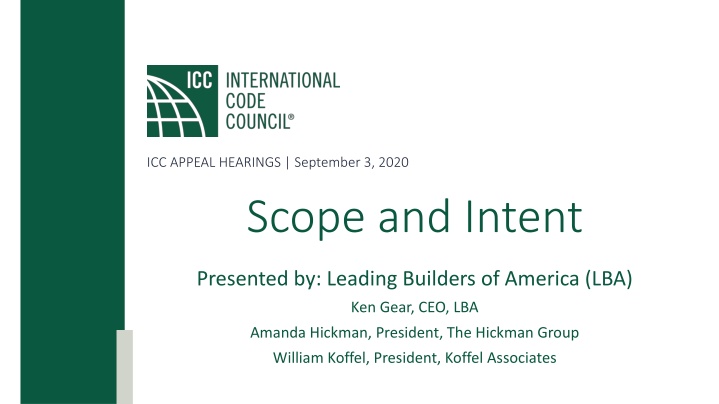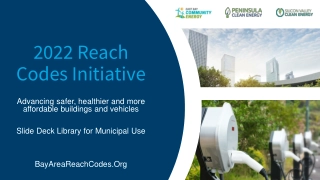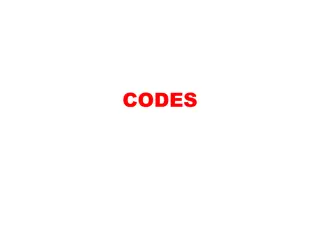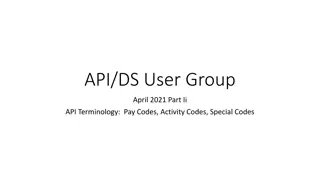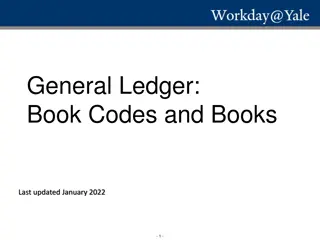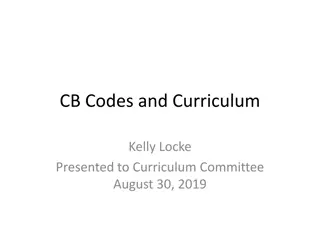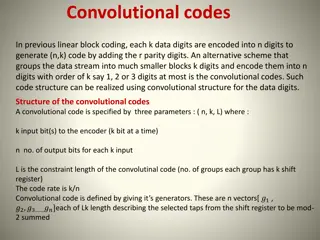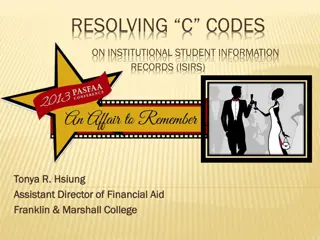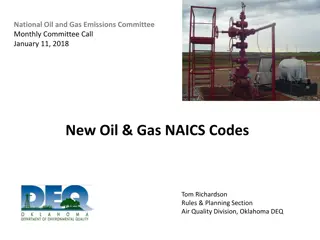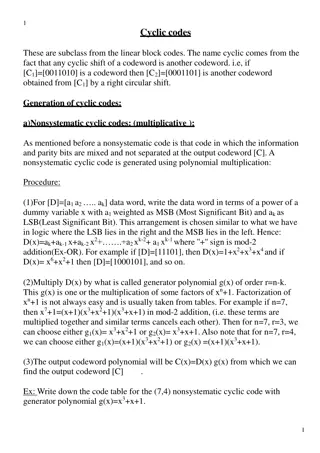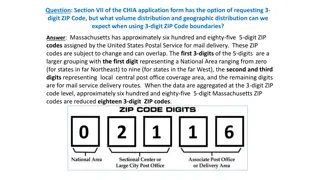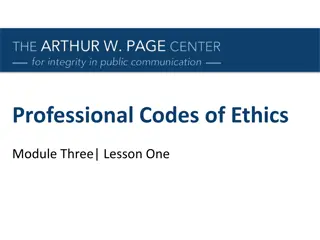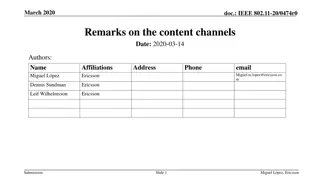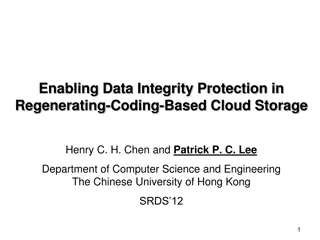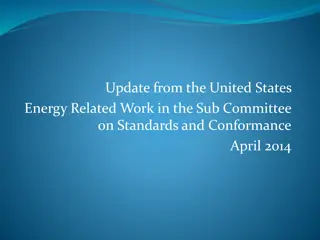Issues with Proposed Building Codes
Leading Builders of America, representing major U.S. builders, raise concerns over proposed building codes mandating theoretical future technologies. They argue against setting a dangerous precedent, no energy savings impact, and expanding beyond the IECC scope.
Download Presentation

Please find below an Image/Link to download the presentation.
The content on the website is provided AS IS for your information and personal use only. It may not be sold, licensed, or shared on other websites without obtaining consent from the author.If you encounter any issues during the download, it is possible that the publisher has removed the file from their server.
You are allowed to download the files provided on this website for personal or commercial use, subject to the condition that they are used lawfully. All files are the property of their respective owners.
The content on the website is provided AS IS for your information and personal use only. It may not be sold, licensed, or shared on other websites without obtaining consent from the author.
E N D
Presentation Transcript
ICC APPEAL HEARINGS | September 3, 2020 Scope and Intent Presented by: Leading Builders of America (LBA) Ken Gear, CEO, LBA Amanda Hickman, President, The Hickman Group William Koffel, President, Koffel Associates
Leading Builders of America (LBA) Represents 20 of the largest builders in the U.S. LBA members produce nearly 40% of the new homes constructed annually in the U.S. LBA members build in 35 states LBA s fundamental mission is to preserve home affordability
Results of OGCV on RE147 Results of OGCV on RE147- -19 and CE217 Part I and II Should be Set Aside Because Part I and II Should be Set Aside Because They Are in Violation of CP#28. They Are in Violation of CP#28. 19 and CE217- -19 19
Key Concerns 1. Establishes Dangerous Precedent 2. No Energy Savings 3. Outside the Scope of the IECC/IRC-Energy 4. Precedent Supports Reversing Action on RE147-19 and CE217-19 Part I and II
Proposals in Question RE147-19 CE217-19 Mandates electric circuits for potential future electric appliances where gas water heaters, dryers, and conventional cooking equipment are installed. Requires a dedicated 40-amp, 240- volt receptacle outlet for an Electric Vehicle (EV) charger be installed in the building.
Dangerous Precedent Mandating theoretical technologies that may never be installed or used in the future is completely antithetical to a minimum national model code. Technology is constantly evolving. The specific requirements contained in these proposals may be obsolete by the time the code is even adopted. RE147-19 and CE217-19 stand to set a dangerous precedent for the code if they are not rescinded. Sends a message that anything goes. From the builder perspective this turns the model energy code into a limitless potential liability.
No Energy Savings The scope of the IECC only applies to the BUILDING. CE217-19 - receptacle outlet for an Electric Vehicle (EV) would only make it more convenient to charge a VEHICLE at home. This requirement will NEVER result in energy savings for the BUILDING. In fact, turning a home into an EV charging station will INCREASE future energy consumption of the building.
DOE Methodology Validates No Energy Savings Home Innovation Research Labs (HIRL) conducted an energy savings and cost benefit analysis of CE217-19 Part II and RE147-19. HIRL found that both code changes increased the cost of construction without any associated energy savings using DOE methodology. RE147-19 Cost to consumer: excess of $1700 Energy savings: NONE CE217-19 Cost to consumer: excess of $680 Energy savings: NONE
Outside the Scope and Intent of the IECC/IRC- Energy
The Committee Rejected Proposals on Grounds They Were out of Scope Action Upheld During PCH
Even Proponents and Supporters Concede that Proposals are Outside Scope and Intent of IECC/IRC-Energy RE147-19 - Proponent reason statement: by ensuring that a home built with gas or propane can easily accommodate future electric appliances and equipment
Even Proponents and Supporters Concede that Proposals are Outside Scope and Intent of IECC/IRC-Energy CE217 Part I and II - Proponent reason statement: EVs provide significant economic benefits for consumers through fuel and maintenance cost savings, and have been identified as a key climate strategy to reduce GHG emissions from the U.S. transportation sector
CE217 Part II CAH Testimony:29:26 Harry Misuriello, ACEEE: There s been some discussion about whether this belongs in the code or not, is it appropriate? I would like to remind the committee that this issue is being driven by existential concerns over life on this planet. And I would contend it is cost effective to preserve life on this planet, I would urge you to think the same thing too.
CE217 Part II CAH Testimony: 31:24 Matt Frommer, SWEEP: I also want to address the question about energy efficiency, maybe we didn t talk about it enough. And I encourage you to think beyond just energy efficiency in the home to the system wide grid energy efficiency.
CE217 Part I PCH Testimony: 54:58 Bill Prindle, EECC: ...But basically, what you re seeing is the scope of the code is gradually expanding. This is part of the natural extension of the ICC commercial scope
CE217 Part I PCH Testimony: 11:12 Steve Rosenstock, EDI: ... In terms of saving energy, this is transportation energy. And as we know, transportation emissions are number one in the U.S
CE217 Part I PCH Testimony: 12:53 Matt Frommer, SWEEP: ... First to the claim that this does not belong in the code, my understanding is cars have not traditionally been included in the building codes and that s because we ve been fueling them with gasoline and diesel. But the fuel of the future is electricity
Established Precedent There is precedent for handling proposals that overreach and expand past the scope and intent of the code. In the case of CE175-16, the ICC Board of Directors ultimately ruled that proposal, which was approved through the consensus process, was in fact out of scope and set aside the approval action. The ICC Board ultimately reversed the proposal s approval and cited in part, their decision to set aside the action taken CE175 Part I as it would modify the scope of the IECC
Wrong Code A requirement for an outlet in the garage of a dwelling, especially one that the Proponent admits is energy neutral, does not belong in the IECC. Chapter 39 of the IRC already provides the requirements for receptacle outlets in dwellings. An electrical contractor working on a dwelling unit will not know to check the IECC or Part IV of the IRC for an outlet requirement to make the home electric ready should the homeowner, or a future homeowner, want to convert from gas or propane.
Enforcement Issues While the I-codes refer generically to the responsibilities of the code official, it is understood that in many jurisdictions the primary responsibility for enforcement of a particular I-code rests with the building official, fire official, mechanical official, electrical inspector, etc. Who is responsible for making sure that the requirement for an electrical receptacle, located in the IECC, has been met?
Proponents Failed to Follow Committee Guidance on Scope Despite the guidance from the Committee and a Committee statement that it is outside of the scope of the IECC, the proponent failed to submit a Public Comment to locate the requirement in the proper section of the IRC. It should be noted that this was not the result of items being on the Group A and Group B agenda, since the IRC, in its totality, is on the Group B agenda. Public Comment 1, submitted by the Proponent of RE147-19, addressed some of the technical issues identified by the Committee but did not address the Scope issue.
Proponents Failed to Submit Proposal to Expand Scope or Intent Proponents of RE147 and CE217 did not request to expand the IECC scope in their proposals. Both of these future electrification proposals are clearly out of the current scope and intent of the IECC.
Remedies Set aside action taken during OGCV on RE147-19 and CE217-19 Part I and II. Instruct proponents to resubmit proposals next cycle to the appropriate code.
Conclusion If ICC fails to exclude these items from the code, it is sending a message that anything goes that will have catastrophic effects on affordability in the future. These mandates will add nearly $2,500 to the cost of every new home with no offsetting energy savings. RE-147-19 is a clear example of the code being manipulated to pick winners and losers at the expense of affordability and consumer choice. This is a critical test of the credibility of the ICC code development process. Failure to correct these items will undermine the code adoption process going forward.
